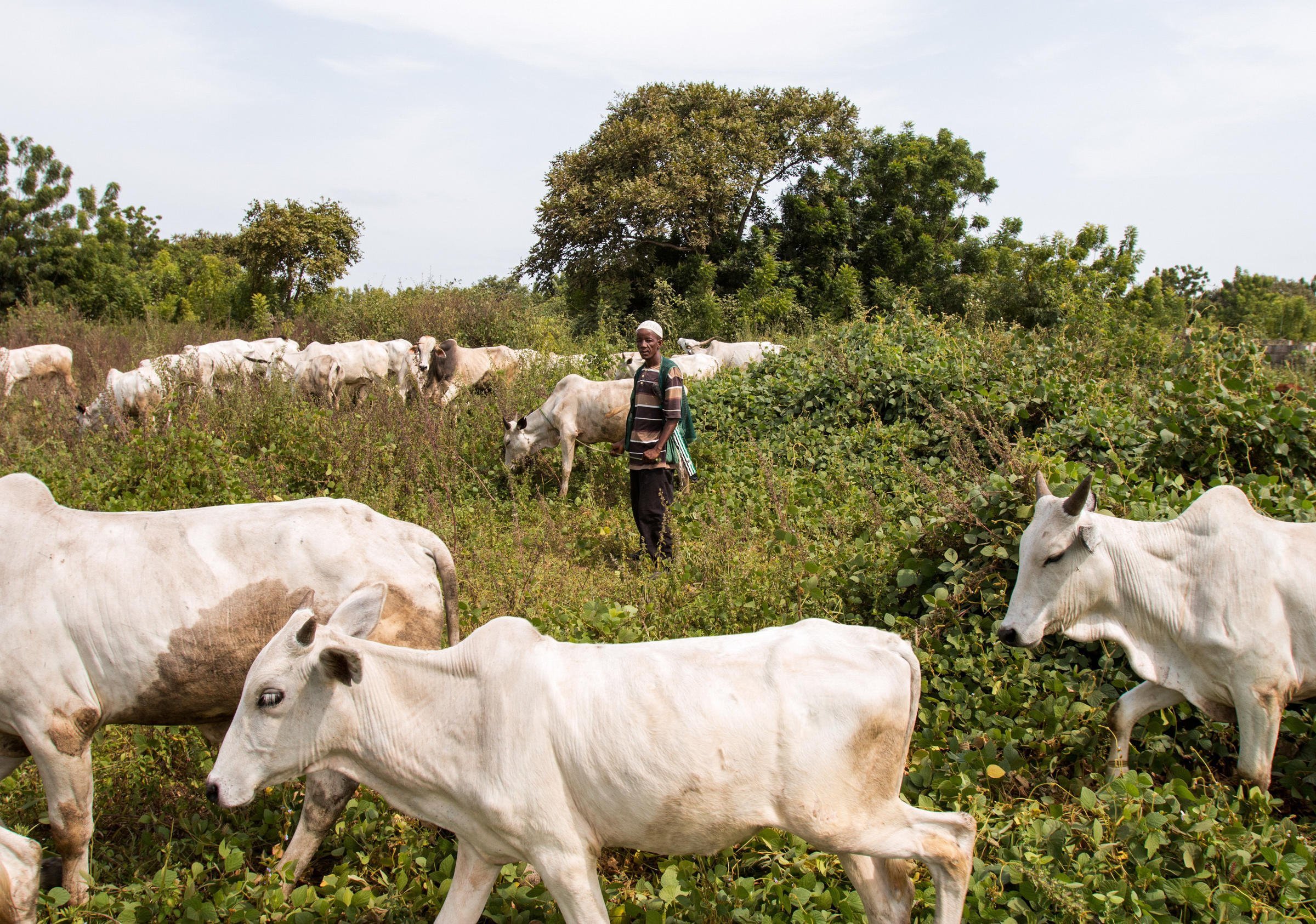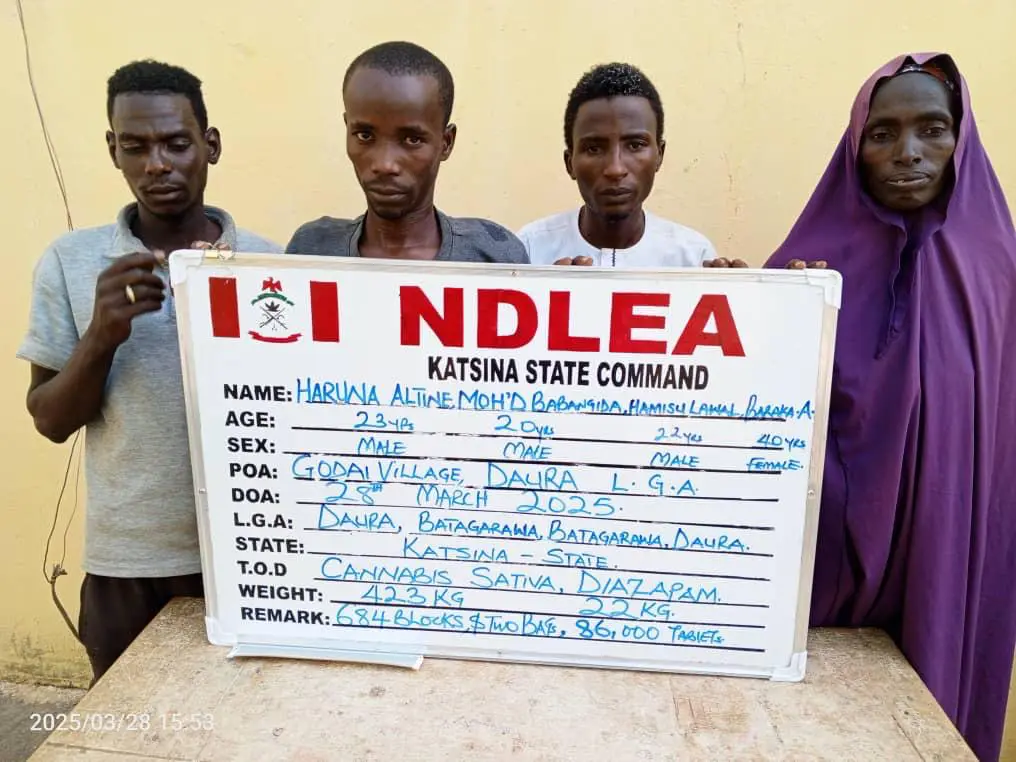Violence Escalates Amid Fresh Attacks, Stakeholders Call for Urgent Action
The ongoing wave of attacks in Benue State has sparked fresh fears among residents, as armed herdsmen reportedly take control of 40% of the state’s farmlands. This alarming revelation came from Hon. Terseer Ugbor, the member representing Kwande/Ushongo federal constituency, who raised the alarm about the increasing violence that has left many dead and thousands displaced.
Growing Insecurity and Displacement
Speaking to journalists, Hon. Ugbor expressed deep concern over the renewed attacks, particularly in Kwande Local Government Area (LGA). He highlighted the dire consequences of the land takeovers, warning that food insecurity could worsen across Nigeria.
“The major problem with this issue is the food insecurity it will bring, not just in Benue but across the country. Over 40% of our arable farmlands have been taken over by Fulani bandits,” he stated.
The lawmaker also recalled the tragic Christmas 2024 attack, where herdsmen stormed the border community of Kwande, setting fire to an immigration outpost and destroying local farmlands.
Fatal Clashes and Mass Displacement
Beyond Kwande, similar attacks have occurred in Otukpo LGA, where suspected herdsmen killed six people in Okpamaju and Asa settlements. The violence forced residents, especially women and children, to flee their homes in fear.
According to Benue State Police spokesperson, Catherine Anene, the clash started over disputes concerning open grazing on farmlands, a recurring issue in the state.
Benue has been one of the worst-hit states by herder-farmer clashes for over a decade. Despite promises from Governor Hyacinth Alia’s administration to restore peace, attacks continue, leaving many communities unprotected.
Leaders and Stakeholders Demand Urgent Government Action
The Benue State House of Assembly has urged the government to take decisive action in protecting affected communities and deploying security forces. During a session, Hon. Kennedy Angbo, representing Otukpo/Apa State Constituency, emphasized the urgent need to stop the genocide in the region.
Meanwhile, the Idoma community in the diaspora, comprising members from the USA, UK, Canada, Australia, and Vietnam, has condemned the silence of authorities. In a statement, group president Edwin Ochai expressed disappointment, urging Benue South leaders to take real action beyond issuing press statements.
“The most recent attack in Okpamaju has left families shattered, homes burnt, and innocent villagers dead. Leaders at all levels must wake up to their responsibilities,” Ochai stated.
Residents Live in Fear, Demand Protection
Local farmers and hunters shared harrowing accounts of the attacks. Sunday Oga, a farmer, said he was forced off his land by a herder armed with a gun and machete, leaving behind his harvested crops.
A hunter from Okpamaju, who narrowly escaped an ambush, described how armed men opened fire on them during a routine hunting trip, killing two of his colleagues.
“We managed to fire back and took down one of them, but we lost two of our own,” he recounted.
Authorities Seek Peace Talks and Security Reinforcement
The paramount ruler of Otukpo, Chief John Eimonye, announced plans to meet with herders’ leaders to discuss a lasting solution to the crisis. However, he dismissed allegations that traditional leaders collect payments in exchange for grazing lands.
Additionally, Otukpo Local Government Chairman, Ogiri, condemned the attacks and assured residents that security operatives, including soldiers and police, had been deployed to the area.
“We are working closely with security agencies to prevent further bloodshed. The leaders of the herders have also vowed to fish out anyone among them responsible for violence,” he stated.
A Community on the Brink – What’s Next?
As attacks intensify, farming communities remain abandoned, and locals fear for their survival. With planting season approaching, displaced farmers are left wondering how they will feed their families and sustain their livelihoods.
The call for stronger security intervention, enforcement of anti-open grazing laws, and genuine dialogue has never been louder. The big question remains: Will the government finally take decisive action before it’s too late?
















Got a Questions?
Find us on Socials or Contact us and we’ll get back to you as soon as possible.